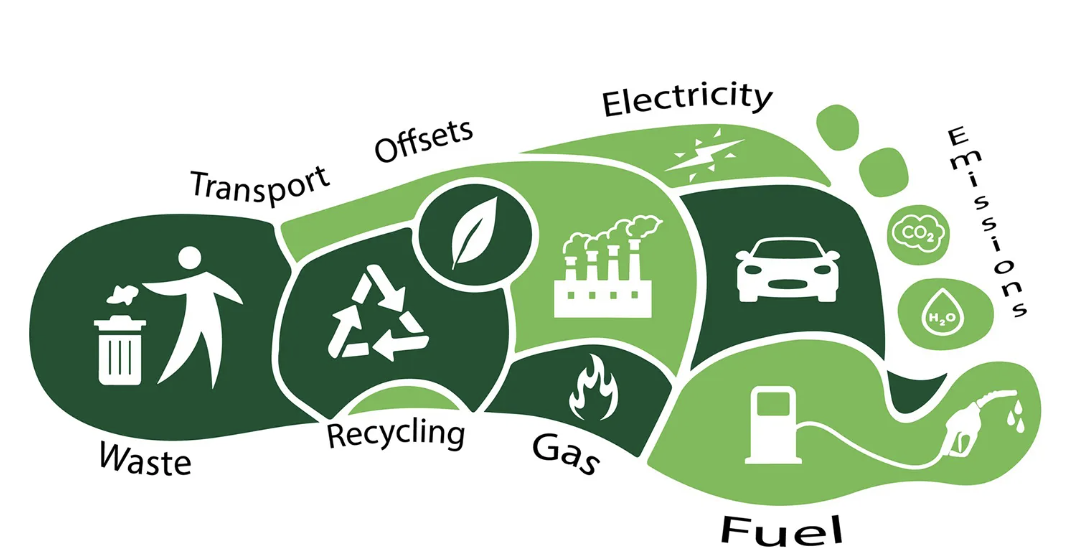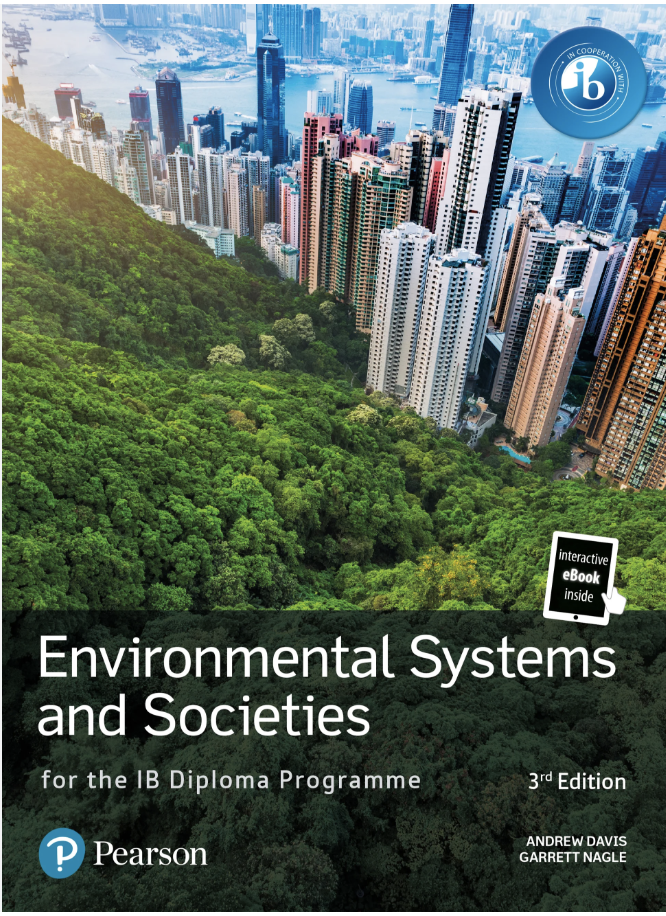By Aiden Forusz, Year 12
The term “carbon footprint” refers to the specific amount of carbon dioxide released into the atmosphere as a result of the actions of any given person or corporation. The term was originally invented as the ecological footprint by the Canadian ecologist William Rees in the 1990s.
However, the term only gained its popularity through extensive advertising by British Petroleum (BP) in a 2004 marketing campaign. Their goal was simple: to make us individuals aware of the carbon dioxide that we are responsible for emitting, and our direct contributions to climate change.
If you are (somehow) not already aware, BP is one of the world’s leading oil and gas companies. So, this should naturally make us wonder why they are so focused on being ecological and environmentally friendly. About 90% of all carbon emissions come from fossil fuels, which is exactly what BP and other large oil companies specialize in. In 2022, BP was responsible for emissions estimated to be at 340 million tons1, which is equivalent to the combined global average emissions of a bit over 72 million people.
Moreover, according to the IPCC2 , around 70% of the world’s carbon emissions come from just 100 companies worldwide. So should we really be focusing on reducing our own personal emissions, which is about 14 tons of CO2 per year3 for the average Swiss citizen? Or should we instead focus on controlling and reducing the emissions of large corporations, such as BP? I believe that the answer here is clear.
I would like to stress that I am not implying that us individuals should be reckless… Of course it is our duty to be responsible for our personal carbon emissions, and work on reducing them. However, if we are already living considerably sustainable lives, then I honestly do not see the need to sacrifice more when the corporations keep on carelessly emitting.
In conclusion, I believe that the concept of the carbon footprint does not hurt anyone, and we should certainly be aware of our individual carbon emissions. However, what must not be forgotten is the scale of emissions coming from large corporations, and how they avoid reducing their emissions by lobbying governments and getting around regulations. If we want to see real change in tackling the climate crisis, then that change must start from the top, with the government imposing harsher regulations and/or a carbon tax on large corporations.



